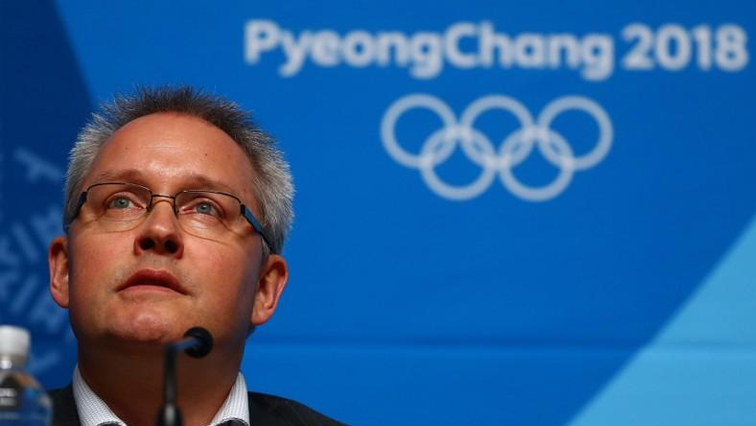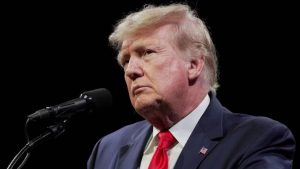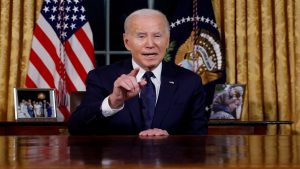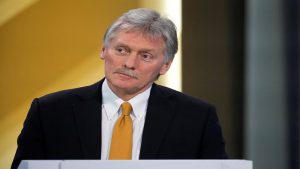Last week, Court of Arbitration for Sport (CAS) cleared 28 Russian athletes and rescinded their lifetime bans initially imposed by the International Olympic Committee (IOC).
CAS stated that it had found that the basis on which the Russian athletes were banned very weak.
In their own words, the evidence against the athletes was “insufficient” to conclusively determine a doping conviction.
Now, I am not for once suggesting here that Russian athletes are incapable of transgressing sporting codes. Not at all!
However, in the current international economic and geo-political power relations, it is very difficult to conclude that there aren’t political considerations entertained when sports administrators reach certain decisions.
Relations between Russia, a powerful country in its own right with notably few allies in the west, took a major knock a few years when NATO elected to impose economic sanctions against Moscow over its differences with Kiev over the eastern territory of Ukraine.
Developments in Syria, where the West have visibly been pitted against Russia in the battle field, have served only to widen the rift amid unending exchange of fire between myriad opposing forces in the conflict-ridden Mid-eastern country.
Russia continues to dominate the American media landscape more than one full year since President Donald Trump assumed power. This happens in the wake of continuously peddled narrative by the Democrats that Russia played an under-handed role in catapulting president Trump to power, a claim Moscow vehemently denies.
Now, on the eve of the Pyeong Chang 2018 Winter Olympics, a spectacle which traditionally brings countries and athletes from diverse background together, much talk has been about keeping the Russian athletes out of the sporting fields on the disputed findings that they are guilty of doping from previous games.
So much that opponents of Moscow within the IOC are determined to keep the Russian flag out of sight that the global body for Olympics has even indicated its willingness to accept Russian athletes in the Winter Olympics if they participate as “neutrals” – athletes with no country!
Hence the last-ditch attempt to by affected athletes to approach the CAS in droves in a desperate effort to prove their innocence, an effort which has been duly rewarded as the banning orders for dozens of the Russian athletes have been over-tuned.
To the many who may rejoice at the unsavory treatment of the Russian athletes, truth is that today it is the Russians; tomorrow it can be any athlete from any other country.
Hence the eternal need for sport as an activity that brings men, women and children together to be kept outside of politics at all times.
For too long now the adverse findings of the World Anti-Doping Agency (WADA) against the Russian athletes have been fiercely challenged. Sport administrators ought to bear in mind the role of sport in bringing different people from diverse societal backgrounds together in an endeavor to “make the world a better place”, to borrow from singer Michael Jackson.
A few days ago, 32 banned Russian athletes, including Sochi Olympic gold medalists Viktor Ahn and Anton Shipulin filed a lawsuit against an Ad Hoc division of CAS, arguing that adverse decisions were reached against them on discriminatory grounds.
There are too many grounds for grief in the world we’re living in, from politics to sport.
Sport should be the last arena where unscrupulous politicians find a way to disturb the much-needed world peace. Using sport to influence regime change is a recipe for disaster.
We can’t resolve political differences in the sports field or race track, because whenever sports people come together one must see common love, understanding a global social cohesion. Sport is not a conflictual event; instead it is a convivial activity, sheer camaraderie.
Settling of scores by scheming politicians spurred on by their nefarious objectives must be rooted out of all forms of sport, once and for all.
Perhaps it’s time we call for urgent reforms in the IOC.






